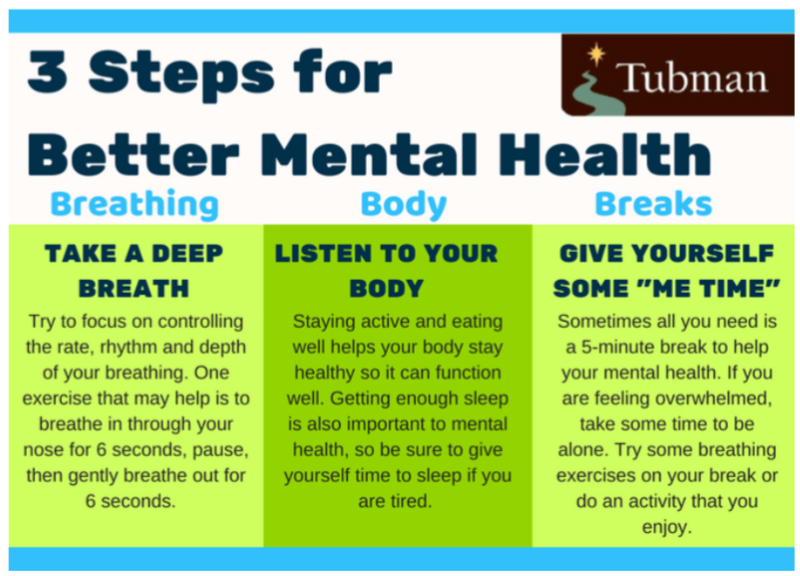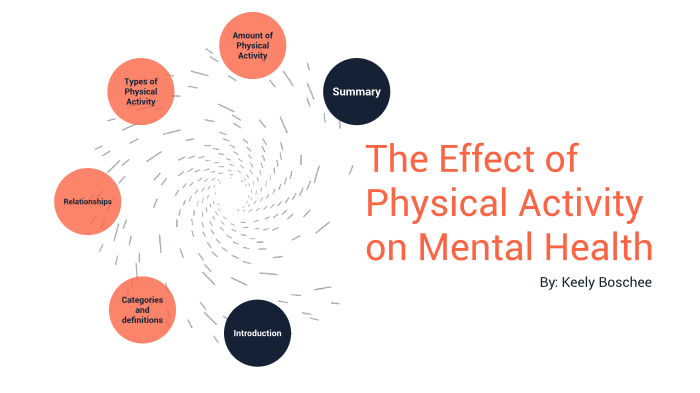currently have, or at some phase have had, a debilitating mental health problem. according to the American Psychiatric Association. Mental disease, particularly depression, is forecasted to turn into one of the major health problems in the future. The World Health Organization (WHO) mentions that depression is the leading cause of special needs worldwide.
As youth and teen mental health disorders are so common, it's baffling that we are not equipping our children with an understanding of psychological health. Undiagnosed, inadequately treated or without treatment mental disorder can seriously affect their ability to find out and grow. It can cause unfavorable coping mechanisms and at worst, may lead to suicide.
School is where friendships start. It is where teenagers develop their sense of self-worth. It's likewise the location where children need to discover that their behavior towards others can trigger serious self-worth issues. Lots of trainees experience disputes, bullying and social exclusion at school. Alex Crotty was just eleven when she started feeling miserable all the time.
She suffered alone and even changed schools, however that did not assist. It was only when she was 14 that she informed her mother what was going on. She was detected with major anxiety and anxiety and had the ability to receive treatment. Her story reveals the difficulty youths experience when it comes to speaking up about their anxiety or stress and anxiety.
Some are much better at managing these than others. Numerous children feel distressed, ranging from mild symptoms to more severe forms, such as anxiety attack. When these signs are disregarded, they can result in anxiety, absence of efficiency and increased risk of compound abuse. The Netflix program "13 Reasons Why" is presently in its 2nd season.
Getting The How Does Caffeine Affect The Mental Health To Work
She dedicates suicide and leaves behind 13 tapes discussing why. The show has numerous critics, consisting of health awareness experts and moms and dads who think that it offers very little insight into the psychology of suicide. how does mental health affect college students. They believe it highlights simply how bad things can get and how vicious teens can be and might even add to new methods for teens to consider suicide.
Suicide is the 2nd leading cause of death for individuals aged 15 to 24 in the U.S. Present research shows a possible connection between increased social media use and mental health although it's still unclear exactly how they are linked. What is clear is that young people are the most active users.
With no long-lasting studies having actually been finished, we Learn more here are still largely thinking at its impact. The advantage of social networks is that teenagers are hardwired to mingle, and social media makes it simple and instant. Teenagers in marginalized groups may find it easier to make good friends and discover support. The drawback of social networks is that those using social networks might be confronted with many Mental Health Facility negatives such as poisonous comparisons, cyberbullying and less in person interactions.

Household, pals, teachers, and individuals themselves typically observe little changes in thinking and behavior prior to a psychological illness appears in the full-blown type. Discovering early indication, and taking action can assist. It can reduce the seriousness of the disease, and it may even be possible to prevent or delay the advancement of a major mental disorder.
In a post composed by Nancy Barile, M.A.Ed. on the significance of mental health awareness in schools, she relates how she noticed some extreme modifications in among her students over a brief amount of time. The student no longer did her research, and she would come to school in the same clothes, although she 'd previously been careful about her appearance.
How Can Personality Disorders Affect Mental Health Treatment Things To Know Before You Get This
Barile had some training in psychological health problems and recognized that the student was in difficulty. Social employees on the staff were able to speak to the trainee and discovered that she was depressed, suicidal and in requirement of instant psychiatric intervention. She was admitted to the health center for a brief while, given medication and therapy and handled to finish with her class.
79% of British parents feel that psychological health education ought to be a part of the curriculum in schools. Across the world, moms and dads understand the requirement for mental health education for kids. With 50% of psychological health conditions developing in kids of age 14 or below, the assistance for the cause is proliferating.
Just as physical education belongs to the curriculum in schools, mental health awareness and education ought to be too. Our kids Addiction Treatment Delray invest the majority of their day at school. We require to empower them with knowledge about mental illness. A growing variety of schools are starting to realize the importance of psychological health education. how does mental health affect school.
School-employed mental health professionals work with instructors to supply assistance and with moms and dads to better comprehend trainees' requirements and implement suitable support. In July 2018, New york city ended up being the first state in the U.S. to require mental health education for all trainees. The School Mental Health program will promote the healthy emotional, social, and behavioral development of all the students.
Mental health needs will be assessed, and gain access to will be supplied to psychological health services and programs (how they affect mental health). As reported in United States News and World Report, a few small research studies have actually found "that teaching high school trainees about mental health enhanced their mindsets towards treatment, increased desire to seek help from a counselor and improved their total psychological health literacy." There is a pressing need for more studies to figure out programs' efficiency and determine methods to enhance them.
The Basic Principles Of How They Affect Mental Health

Until it is, instructors and administrators require to help shine the light on the idea of self-care. And, they need to highlight the reality that mental health is an integral part of health. THE BOTTOM LINE A cultural shift in mindsets about mental health requires to start with the young.
Schools need to foster an environment in schools where mental health concerns can be recognized and addressed without being stigmatized. Awareness should be raised about mental health crises, such as self-harm, drug abuse, eating conditions and other unfavorable coping habits needs to be produced. If everybody in schools is empowered with understanding, and dialogue is encouraged, students will have the flexibility to open up about what they are going through.
As educators, parents and trainees throughout the nation continue to advocate for more public school financing, the gaps in resources available to students continue to broaden. One significant area of issue getting more attention over the past couple of years is the scarcity of psychological health resources in schools. Without the necessary services, students, especially those undiagnosed or unattended, are falling behind their peers.
are experiencing anxiety, stress and anxiety and/or behavioral disorders. "Psychological conditions in youth can adversely impact ... children's capability to achieve social, emotional, cognitive, and academic turning points," the report stated. Analyzing information from the 2016 National Survey of Children's Health, the scientists found that 7.1% of kids aged 3-17 years had stress and anxiety issues, 7.4% had a behavioral conduct problem, and 3.2% had depression.
The study also indicates a near 20 percent treatment space between kids identified with depression versus those experiencing anxiety. In general, approximately 78% of children with depression have actually received treatment, whereas treatment for stress and anxiety and behavioral/conduct problems was 59% and 54%, respectively. Without access to services, trainees with stress and anxiety are at greater danger of later developing depression.